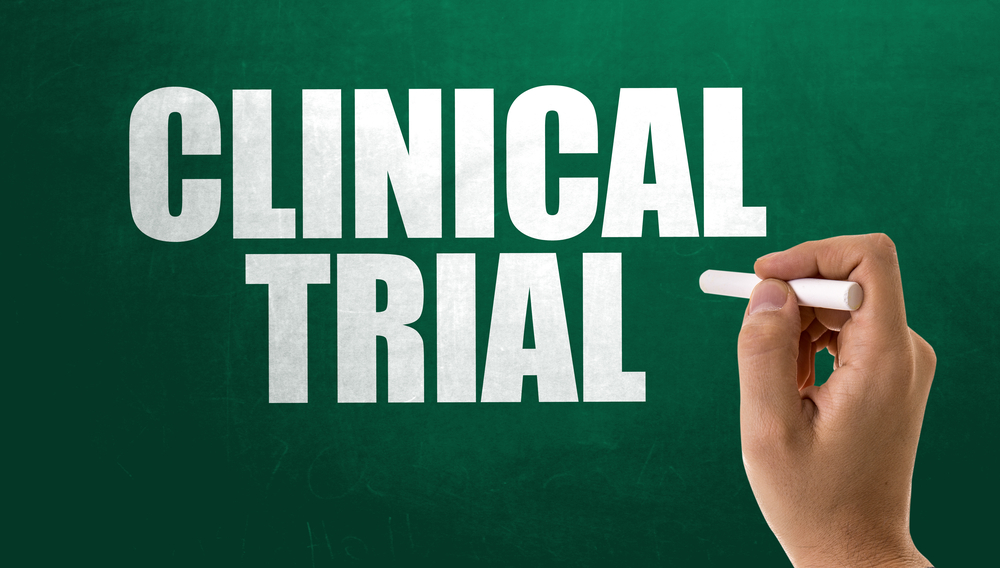Xentria Readies First Trial of XTMAB-16 for Sarcoidosis

The U.S. Food and Drug Administration (FDA) has approved beginning clinical trials testing XTMAB-16, Xentria’s investigational TNF-alpha inhibitor for the treatment of sarcoidosis.
The first, a Phase 1 trial evaluating the therapy in healthy volunteers, is expected to start in July at the Parexel Baltimore Early Phase Clinical Unit, Medstar Harbor Hospital, Baltimore, Maryland.
“We believe XTMAB-16 has the potential to offer significant benefits to patients with sarcoidosis,” Thomas Shea, Xentria’s president, said in a press release.
“We are pleased to have been able to provide the FDA with a comprehensive response to its clinical questions so we can continue development of this important potential treatment to address the unmet needs of these patients,” Shea added.
Sarcoidosis is a highly variable inflammatory disease that can lead to the formation of small abnormal lumps or nodules — called granulomas — in virtually any organ in the body, most commonly the lungs.
XTMAB-16 is an antibody-based therapy that works by suppressing the activity of TNF-alpha, a pro-inflammatory molecule that contributes to sarcoidosis’ chronic swelling and inflammation, as well as granuloma formation. As such, XTMAB-16, given directly into the bloodstream, is expected to lessen the disease’s symptoms.
According to Xentria, extensive analyses have validated XTMAB-16 as a TNF-alpha inhibitor.
No TNF-alpha inhibitor is currently approved in the U.S. for the treatment of sarcoidosis, but a previous study showed that about 10% of sarcoidosis patients in the U.S. are being treated with these drugs off-label.
Last year, the FDA granted XTMAB-16 orphan drug designation for the treatment of sarcoidosis. This designation is meant to expedite the therapy’s development and review by providing regulatory support and financial benefits, as well as a seven-year marketing exclusivity period in the U.S. upon regulatory approval.
The upcoming single-center Phase 1 trial will evaluate the safety and tolerability of two different doses of XTMAB-16 against a placebo in up to 24 healthy adults, ages 18–45.
The first 12 participants will be assigned randomly to receive a single into-the-vein injection of either the lower dose of XTMAB-16 (nine people) or a placebo (three people). If that dose appears to be safe and well-tolerated, another 12 healthy volunteers will be assigned randomly to either a higher dose of the therapy or a placebo.
The trial’s main goal is to assess the therapy’s safety and tolerability, while secondary goals include pharmacokinetics, immune reactions against the therapy, and the levels of disease biomarkers. Pharmacokinetics refers to the therapy’s movement into, through, and out of the body.
If positive, the Phase 1 findings may support the start of a Phase 2 trial in people living with sarcoidosis.






